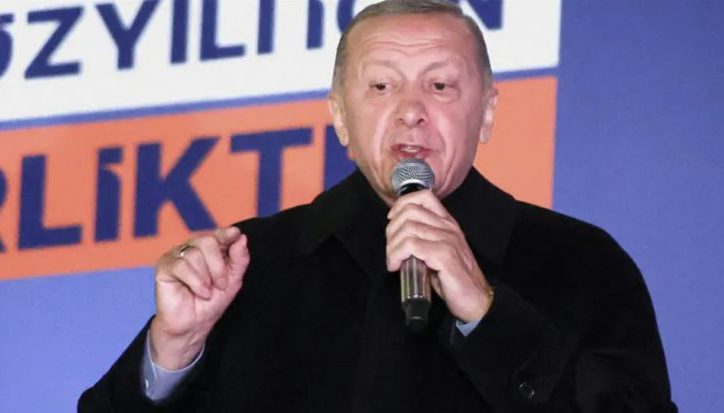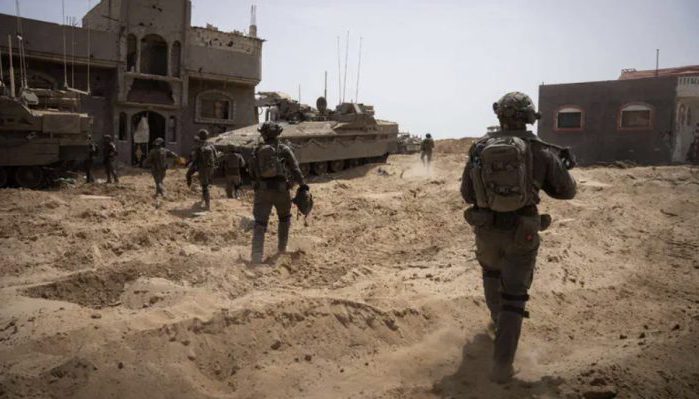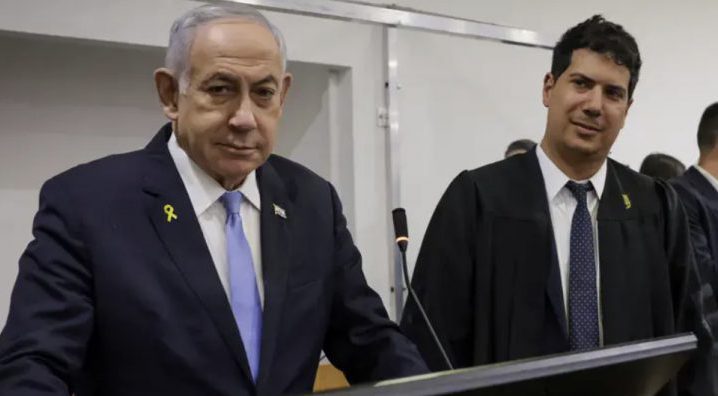Israel and Turkey have reportedly established a 24/7 hotline to prevent military misunderstandings in Syria, following direct talks in Baku.
Israel and Turkey have established a 24/7 hotline aimed at preventing potential military flare-ups and misunderstandings in Syria, sources familiar with the discussions confirmed to Middle East Eye on Wednesday. The development follows direct talks between the two nations held in the Azerbaijani capital, Baku, since April.
These diplomatic engagements come as Ankara emerged as a significant player in Syria following the ouster of Syrian President Bashar Al-Assad. The Israeli government has publicly expressed deep concern over the new status quo, opposing any Turkish military deployment to the country.
Officials from Prime Minister Benjamin Netanyahu’s government have previously referred to Syrian President Ahmed al-Sharaa’s government as “radical jihadists” and emphasized that Israel would not tolerate Turkey occupying airbases near Palmyra, a critical location in the fight against the Islamic State group (ISIS).
Despite these reservations, both countries engaged in talks mediated by Azerbaijan to establish a deconfliction mechanism to avert future military conflict. While a fifth round of broader deconfliction talks is scheduled for later this month, the hotline was implemented in April to quickly resolve any accidental military tensions, according to Middle East Eye.
A source familiar with the negotiations indicated that the Israeli government is largely comfortable with Turkey deploying land forces in Syria, including tanks and infantry. However, a central point of contention remains the placement of Turkish air defense systems and radars, which could potentially monitor Israeli air operations.
Last month, Ankara moved to take over the T4 airbase near Palmyra, intending to deploy armed drones and surveillance aircraft to aid Damascus in its fight against ISIS. This move reportedly triggered an Israeli air campaign that struck the base multiple times. The Turkish military has drafted plans to temporarily deploy a Russian-made S-400 air defense system to the base for protection, a development that has concerned Israeli officials who perceive it as an attempt to monitor and potentially expose their aerial operations.
Ankara maintains that it requires these bases to effectively track and strike ISIS groups operating near Palmyra. However, Turkish Foreign Minister Hakan Fidan has repeatedly stated that Ankara would not intervene if the Syrian and Israeli governments found a way forward. A primary sticking point for Israel is maintaining the operational capability to conduct undetected flights over Syria, particularly if Israel decides to strike Iranian nuclear assets.
Despite the coordination, Turkey has upped its criticism of Israel’s counterterrorism operations.
Turkish President Recep Tayyip Erdogan has increased his verbal attacks on Israel since the start of the war in Gaza on October 7, 2023. The two countries had been on track to restore strained ties before Hamas’ October 7 attack on Israel.
In March, the Turkish President described Israel as a “terror state” after it launched surprise strikes on terrorist targets in the Gaza Strip.





